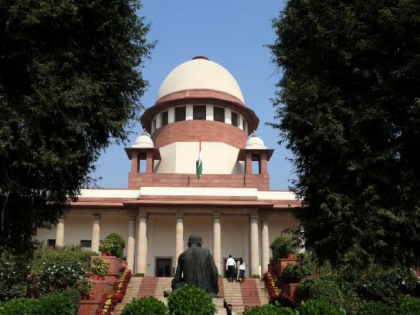Supreme Court Halts Karnataka Board Exams for Classes 5, 8, 9, and 11
By Lokmat English Desk | Published: March 12, 2024 06:04 PM2024-03-12T18:04:56+5:302024-03-12T18:07:15+5:30
The Supreme Court on Monday put on hold the Karnataka Government's proposal to conduct Board Exams for Classes 5, ...

Supreme Court Halts Karnataka Board Exams for Classes 5, 8, 9, and 11
The Supreme Court on Monday put on hold the Karnataka Government's proposal to conduct Board Exams for Classes 5, 8, 9, and 11 in state-affiliated schools. Justices Bela M Trivedi and Pankaj Mithal overturned the March 7 order of the Division Bench of the Karnataka High Court, which had previously stayed a single bench ruling nullifying the State's decision to proceed with the board exams for these classes.
According to Live Law reports, the apex court's decision came in response to special leave petitions filed by organisations representing private schools and concerned parents against the Division Bench order. Consequently, the Supreme Court directed the Division Bench of the High Court to deliberate on the main appeals filed by the State, effectively lifting the stay order and reinstating the single bench judgment.
During the hearing, the Court emphasised that the State should refrain from conducting the board exams until the division bench reached a decision on the matter. Justice Trivedi explicitly stated, "We need not clarify that you (State) shall not proceed further with the exams."
The Court expressed dissatisfaction with the State's argument that the exams were merely "summative assessments" and not formal evaluations. Despite the State's assurance that these assessments aimed to prepare students for the Class 10 and 12 Board Exams, the Court remained unconvinced, stating, "Name does not make a difference... it is being conducted by the Board." Additionally, the Bench questioned the necessity for students to appear in exams if they were not required to pass, citing a potential conflict with Section 30 of the Right to Education (RTE) Act.
Read Also | Supreme Court Questions ED's Reluctance to Court Supervision in Dual Agency Probes
Open in app